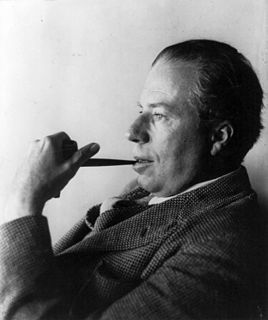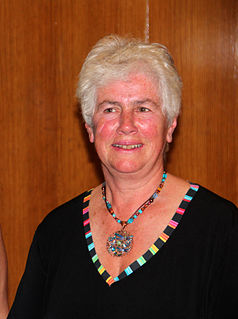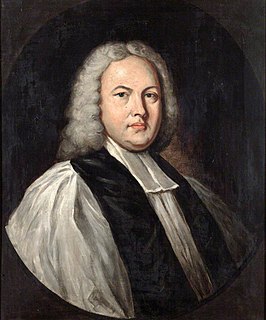A Quote by B. H. Liddell Hart
It is thus more potent, as well as more economical, to disarm the enemy than to attempt his destruction by hard fighting ... A strategist should think in terms of paralysing, not of killing.
Related Quotes
What do we mean by the defeat of the enemy? Simply the destruction of his forces, whether by death, injury, or any other means-either completely or enough to make him stop fighting. . . . The complete or partial destruction of the enemy must be regarded as the sole object of all engagements. . . . Direct annihilation of the enemy's forces must always be the dominant consideration.
I want to be a more serious-minded Christian, more detached from this world, more ready for heaven than I have ever been in my whole life. I want an ear that is sharp to know the voice of the enemy, whether it comes from religion, politics, or philosophy ... I would rather stand and have everybody my enemy than to go along with the crowd to destruction. Do you feel that way?
Rafe asks him, could the king's freedom be obtained, sir, with more economy of means? Less bloodshed? Look, he says: once you have exhausted the process of negotiation and compromise, one you have fixed on the destruction of an enemy, that destruction must be swift and it must be perfect. Before you even glance in his direction, you should have his name on a warrant, the ports blocked, his wife and friends bought, his heir under your protection, his money in your strong room and his dog running to your whistle. Before he wakes in the morning, you should have the axe in your hand.
As brother stands by brother in distress, binding up his wounds and soothing his pain, so let us show our love towards our enemy. There is no deeper distress to be found in the world, no pain more bitter than our enemy's. Nowhere is service more necessary or more blessed than when we serve our enemies.
This is our message - killing is wrong. Mass killing is wrong. Threatening mass destruction is a denial of our own humanity and is suicidal. When something is wrong we have to stop it. Dismantling the machinery of destruction is thus a practical act of love that we can all join in. Please join us - together we are unstoppable.
As a man of pleasure, by a vain attempt to be more happy than any man can be, is often more miserable than most men are, so the sceptic, in a vain attempt to be wise beyond what is permitted to man, plunges into a darkness more deplorable, and a blindness more incurable than that of the common herd, whom he despises, and would fain instruct.
In the event of a violent revolution, we would be sorely outnumbered. And when it was all over, the Negro would face the same unchanged conditions, the same squalor and deprivation-the only difference being that his bitterness would be even more intense, his disenchantment even more abject. Thus, in purely practical as well as moral terms, the American Negro has no rational alternative to nonviolence.







































